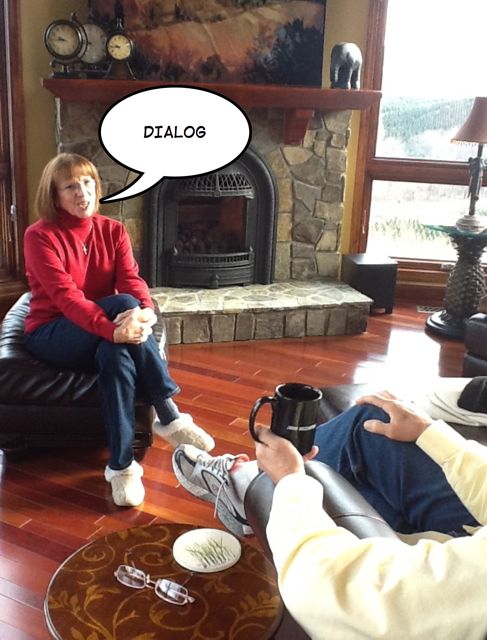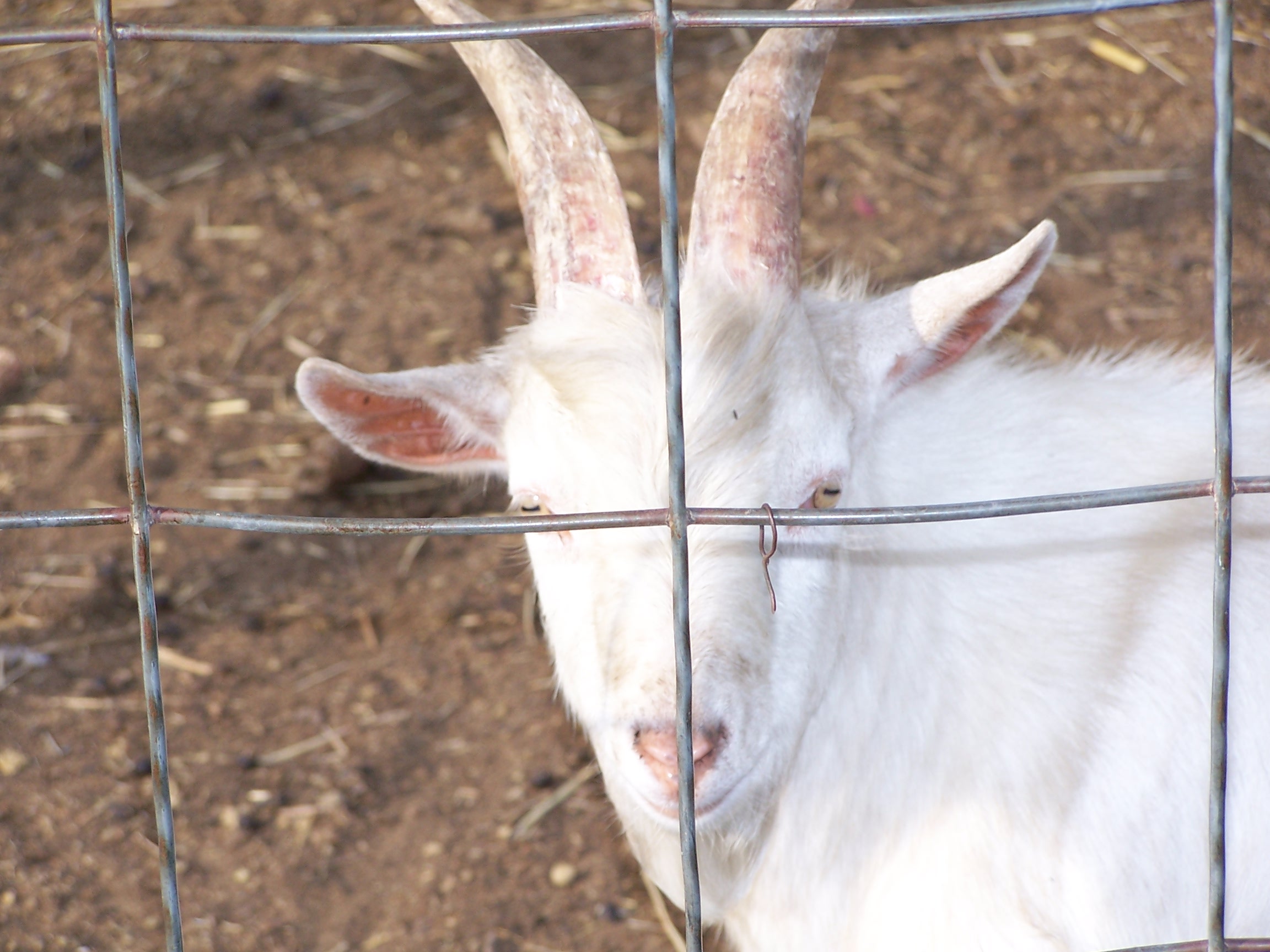“Find the “hook” or the zinger in every sentence, and have characters react to that.” —Susan May Warren
You want your dialog to be real, meaningful, and hold your readers’ interest.
Here’s what Susan May Warren calls her “super-secret Susie hint to writing great dialogue” that I learned in one of her Deep Thinker’s Retreats.
Include a zinger in conversations.
You can learn how to write zingers in Susan May Warren and Rachel Hauck’s writing reference, From the Inside…Out.
Below are examples from 4 novels to show you what a zinger is and how to use it.
Zinger 1
—from Wish You Were Here by Beth K. Vogt
∂∂∂
“Uh, is that the dress?”
Was he choking back a laugh? Confirmation the dress was a nightmare.
“Yes. Please, no comment.” Allison ran her hands along the flowing skirt as if she could tame it. Not going to happen.
“It’s impressive.”
Allison blew a wisp of hair out of her eyes. “Are you kidding me? I look like the Bridal Fashion Disaster Barbie.”
∂∂∂
Suppose this ended with, “I wish that were true.” Wouldn’t that have killed the conflict, and the fun?
Zinger 2
—from The Wedding Dress by Rachel Hauck
∂∂∂
“Tell me,” she whispered. “Does he?”
“Have a mistress?”
She gazed into his eyes. He couldn’t…it would crush her. Her fingernails dug into his arm.
“Daniel.”
“Yes. So goes the word around town. But you should find out the truth yourself, Emily. You know how gossip gets all twisted and maligned.”
“No, no.” She jutted backward, shaking her head, her dark eyes narrowing. “You’re a liar, Daniel Ludlow. I don’t believe you.”
∂∂∂
What if Emily had simply said, “I don’t believe you.” We wouldn’t know how hurt she is. Calling Daniel a liar shows what “kill the messenger” means. She zinged Daniel and raised the conflict.
Zinger 3
—from Just Between You and Me by Jenny B. Jones
∂∂∂
“Maggie, tonight is a very special night.”
Uh-oh. Here come the dreamy eyes again.
“I care so much about you. And recently I realized those feelings have grown into something more. I’m crazy about your laugh, your smile, your sense of adventure. I want to tell you that I—”
“Boy, am I tired.”
∂∂∂
Zing! Did Maggie’s last words wake you up? Suppose Maggie had said, “Please. Not tonight, John.” We might prepare to read through a laborious letdown.
Zinger 4
—from Nothing but Trouble by Susan May Warren
∂∂∂
PJ reached the second fence and didn’t care in the least that she ripped out the backside of the jumpsuit. She landed with another whump while the goat shoved his nose between the chain links, mawing. Good thing Billie filled up on Ernie’s tulips or tomatoes or whatever, or she’d be goat fodder by now.
Pizza Guy landed beside her. “You have a fan club.” He held out his hand to pull her up.
She swatted it away. “It’s not funny. She could have eaten me.”
“Oh yeah, goats are known predators. Right up there with mountain lions and wildebeests.”
∂∂∂
What if Pizza Guy had said, “The goat wouldn’t have eaten you.” He’d seem bland, unable to banter.
Tweetable
- Study these zingers and learn how to hook your audience with dialog.
click to tweet
What zinger have you used in dialog?





 RSS - Posts
RSS - Posts



Fun stuff! 🙂 I tweeted.
Delia, I had fun searching my books for zingers. Thanks for the tweet.
Terrific stuff. Thanks! Witty comebacks are a gift.
LoRee, I wonder if they’re often what we’d like to say, but we’re only brave enough to let our characters spit them out.
Zoe, great post. Thanks for sharing!
Thanks, Marian. I always look forward to reviewing my scenes to see if I have at least one zinger.
I love the post. Great examples.
Thanks, Janet. Zingers is one of favorites of Susie’s teachings.
Great post. I’m terrible at zingers in person — always come up with it later. Now that you’ve made me aware of them in my writing and editing, I’m going to start looking for opportunities. Thanks!